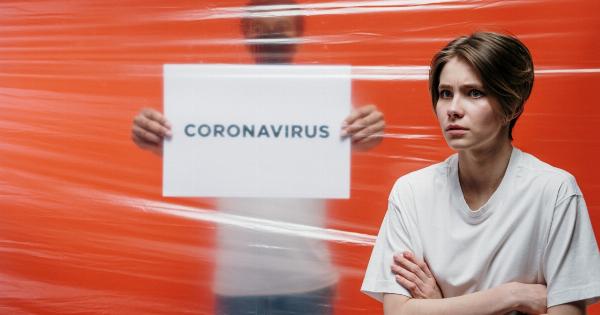As the devastating Ebola outbreak swept across West Africa in 2014, claiming thousands of lives and causing widespread panic, rumors and misinformation began to circulate about potential treatments and preventive measures.
Some of these rumors suggested that common household items such as coffee and onions could help combat or even cure the deadly virus. However, it is important to understand that these claims are entirely unfounded and have no scientific basis.
In this article, we will explore why coffee and onions are not effective against Ebola and why relying on such misinformation can be dangerous.
The Origins of the Claims
During times of crisis and uncertainty, people often grasp for any available solution, no matter how improbable or untested.
In the case of the Ebola outbreak, rumors about the supposed powers of coffee and onions emerged from a combination of desperation, cultural beliefs, and misinterpretation of limited scientific data.
The Role of Coffee
Coffee, a popular beverage enjoyed by millions around the world, contains caffeine, which is a central nervous system stimulant.
Some proponents of the coffee and Ebola connection argue that the caffeine in coffee can somehow boost the immune system and help the body fight off the Ebola virus. However, there is no scientific evidence to support this claim.
The Ebola virus attacks the immune system directly, causing severe damage and impairing its ability to mount an effective response.
Consuming coffee or any other caffeinated beverage cannot reverse this process or strengthen the immune system sufficiently to combat the virus. While coffee may provide a temporary energy boost, it is by no means a cure or preventive measure against Ebola.
The Onion Myth
Onions, on the other hand, have been attributed with various health benefits due to their nutritional composition. They contain antioxidants, vitamins, and minerals that can support overall health and boost the immune system.
However, it is essential to understand that these nutritional properties do not make onions effective against the Ebola virus.
Although onions may have some positive effects on general health, there is no evidence to suggest that they possess specific antiviral properties capable of combating Ebola.
The virus is highly aggressive and can quickly overwhelm the body’s immune response, rendering the potential benefits of onions virtually insignificant in the face of such a severe illness.
Why Relying on Misinformation is Dangerous
Believing in and spreading misinformation about potential treatments for Ebola can be incredibly dangerous. The consequences of relying on ineffective remedies can range from wasted time and resources to the exacerbation of the disease’s spread.
In the case of the Ebola outbreak, following false claims about coffee and onions could have led to delayed treatment or the neglect of proven preventive measures, thereby putting individuals and communities at further risk.
Moreover, the propagation of unscientific claims can hinder efforts to prevent and control the disease.
Trust in healthcare authorities and adherence to evidence-based guidelines are crucial in effectively managing outbreaks of highly infectious diseases. When individuals divert their attention and resources towards unverified remedies, they not only jeopardize their own well-being but also contribute to the overall confusion and misinformation surrounding the issue.
The Importance of Evidence-Based Approaches
When facing a severe medical crisis like Ebola, it is essential to rely on evidence-based approaches endorsed by medical professionals and organizations.
In the case of Ebola, this includes measures such as rapid identification of cases, isolation and treatment of infected individuals, contact tracing, safe burials, and community education on preventive practices like hand hygiene and social distancing.
Scientists and researchers around the world have made significant strides in understanding the Ebola virus and developing potential treatments and preventive measures.
These efforts require rigorous testing and evaluation to ensure their safety and effectiveness. While coffee and onions may have their merits in other contexts, there is simply no scientific evidence to support their use against Ebola.
Conclusion
In times of crisis, it is natural for individuals to seek out any possible solution or remedy. However, it is crucial to distinguish between reliable information based on sound scientific evidence and baseless claims.
Coffee and onions, while popular and widely consumed, do not have any proven efficacy against the Ebola virus.
By relying on evidence-based approaches and following official guidelines, we can collectively work towards preventing and controlling the spread of dangerous diseases like Ebola.
It is essential to prioritize reliable information and reject unfounded rumors in order to safeguard our health and the well-being of our communities.


























